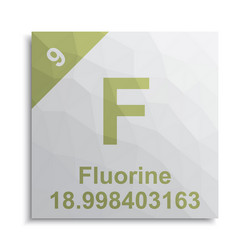Fluorine-based sugars probe bioactivity
The use of fluorinated glycoconjugates is still in its relative infancy. The EU-funded FGLYP (Fluorinated sugars: Chemical tools for the study of carbohydrate-binding proteins) project has put the process through its paces to extend its potential in exploring the vast area of glycobiology. FGLYP researchers prepared a set of fluorinated carbohydrates and lipids sometimes using new procedures developed by the project. After attaching the fluorinated molecules to the modified constructs, they evaluated their conformation using state-of-the-art spectroscopy to see how they interact with target proteins or receptors. The novel molecules have wide applications, including for chemical modification of proteins and as potential antioxidant agents for vascular disease therapy. The team also synthesised a set of multivalent glycolipids that mimic the clustering of ligands commonly found in biological receptors. They also explored different routes for production of perfluorinated analogues of KRN7000, a ligand that protects against one form of septic shock and displays potent anti-tumour activity in various in vivo models. The metabolic profiles of the new FGLYP molecular constructs can be used to address a range of diseases, including cancer and cardiovascular disease. The research has also prepared the stage for further exploration into the potential of sugars that are so widely distributed in living systems.







